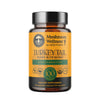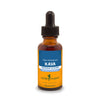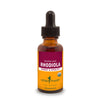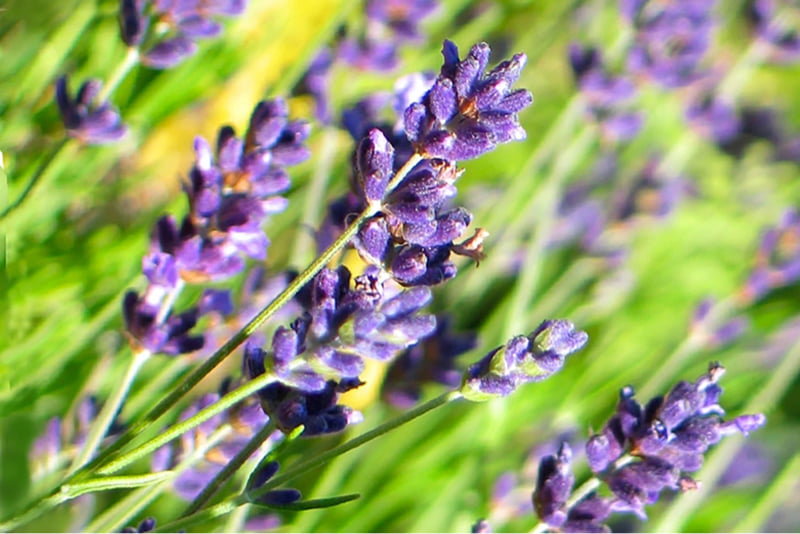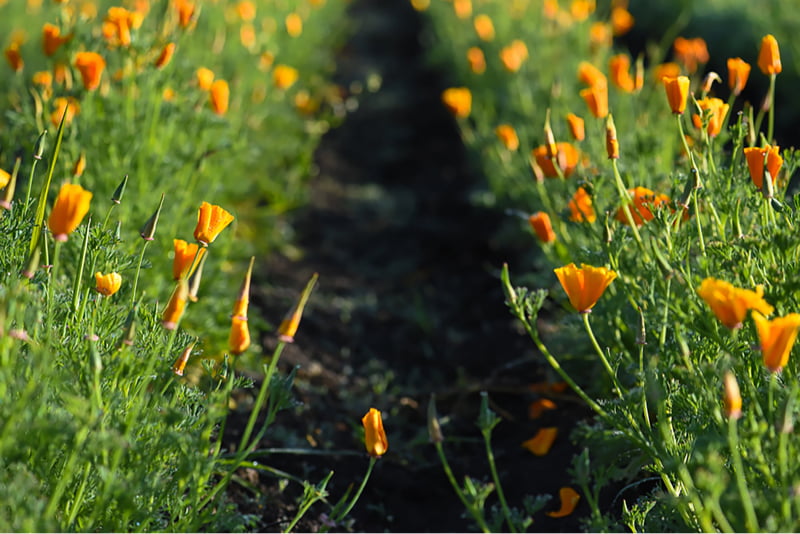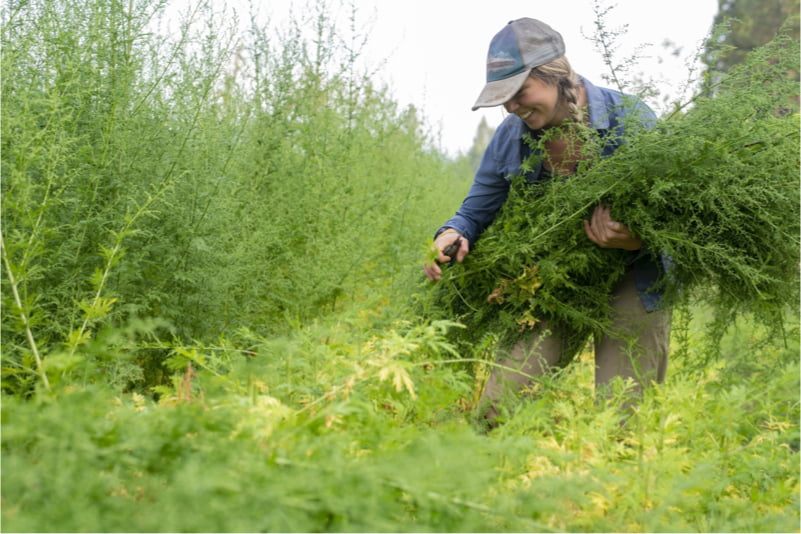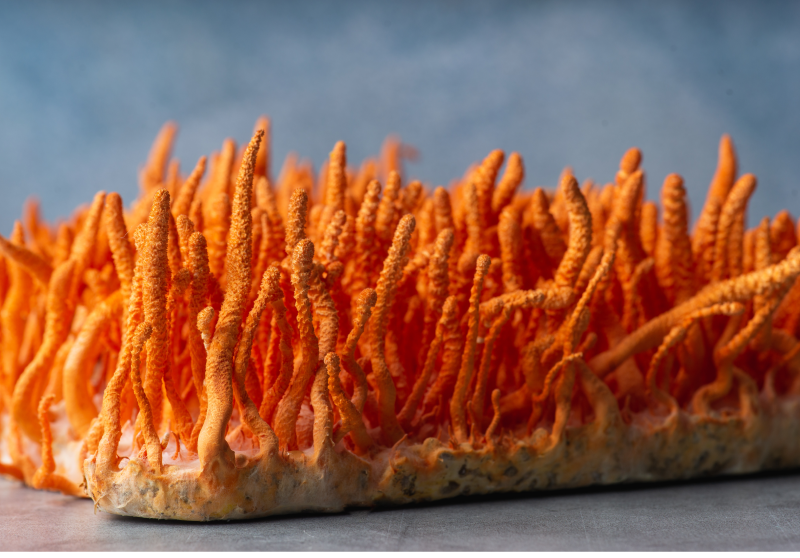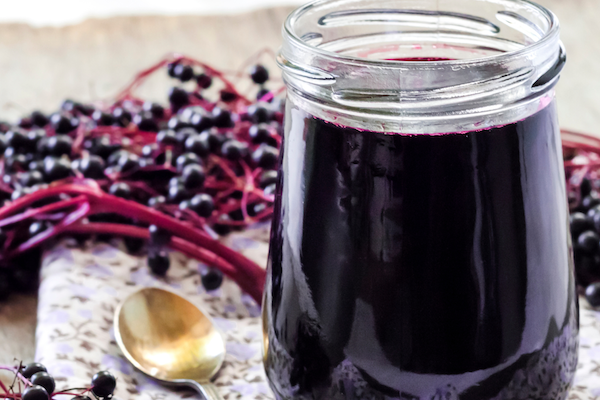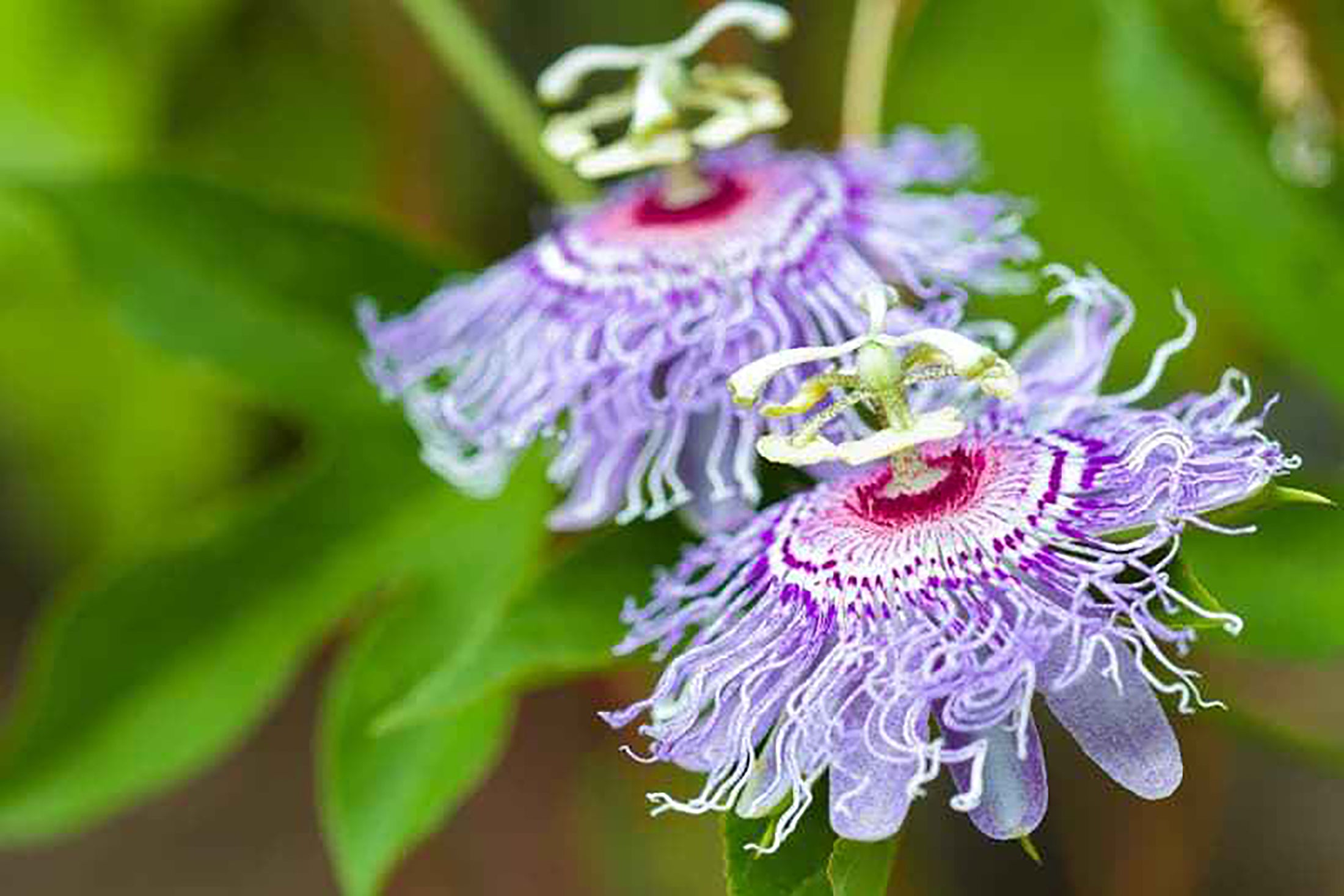Bitter. For many people, this word evokes their least favorite taste. But did you know there is a
clear biological reason why many of us have an aversion to bitter tastes? Many plant toxins happen to be
extremely bitter-tasting compounds. Our aversion is an evolutionary response designed to alert and protect
us from ingesting plants that come bearing poisonous phytochemicals.
Bitter for their own good
During their co-evolution with animals, many plants took advantage of this response for their own
self-protection. Simply put, by producing bitter-tasting compounds, plants reduce their chances of being
eaten. This protective strategy of producing bitter-tasting phytochemicals is carried out regardless of
whether the plant actually produces toxins. Essentially, some plants simply mimic their toxic cousins
— without going to the added effort of producing toxins. So what is an off-putting taste for many of us is
actually a clever, co-evolutionary survival strategy for plants.
As humans gained more control over the food supply through agriculture, we catered to this natural aversion
to bitterness. We put a heavy emphasis on growing sweet vegetables and carbohydrate-rich grains. The loss of
bitterness in our food supply is further exaggerated by ready access to the perfect counter to bitter,
sugar. Some form of sugar has become a component of most processed foods and sweet is a flavor that our
taste buds have come to expect. Today, bitter veggies are fairly few and far between. They are mostly
limited to the likes of radicchio, dandelion greens and artichokes.
How bitters work
While we may find ourselves challenged by the taste, bitter flavors promote a distinct and very positive
physiological response. Bitters begin working as soon as they reach the taste buds in your mouth.* This
reflex action stimulates the body’s natural production of digestive fluids, including acids, enzymes and
bile.*
It is also believed that bitters positively influence gut-mediated immunity and have a positive effect on
mood.* And, bitter taste receptors also have been found throughout the gastrointestinal system. That means
bitters continue to have a positive effect after they are swallowed. These bitter plants contain a plethora
of other phytochemicals that co-evolved with us but that we rarely eat anymore.
Bitters and the modern diet
Using bitters before eating has always been a good idea, but the need for additional bitters has become a
near necessity in the face of our modern diet. Bitters are a true tonic that should be taken regularly over
time, in the same way that bitter foods would be consumed. One easy way to enhance digestion is to take a
bitters product, like Herb Pharm’s Better Bitters, 10 to 15 minutes before eating. Our Better Bitters offer
an easy-to-use, balanced blend of bitter herbs traditionally used to enhance digestion.* Ideally, we should
begin to include bitter vegetables more broadly into our daily diets and learn to savor this unique and
beneficial flavor.


